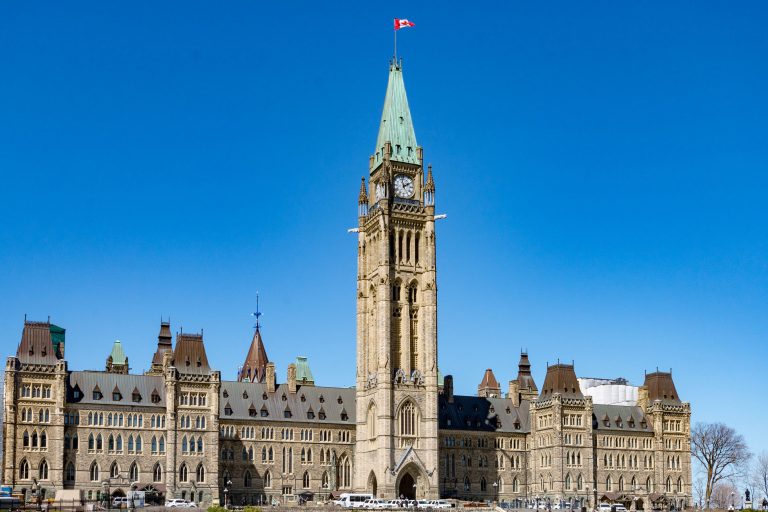Q&As
-

How the U.S. election could help shape Canadian politics
We spoke with UBC political science professor Dr. Terri Givens about how politicians in both countries are defining their differences, and the potential effects of U.S. politics on Canada.
-

Non-confidence motions in Parliament to create period of ‘unstable stability’
Dr. Stewart Prest, lecturer in UBC’s department of political science, explains non-confidence motions and what might happen in the next few months.
-

Gender-diverse youth feeling more welcome at home, less welcome in public
That’s according to a new report from researchers at UBC and the McCreary Centre Society which compares data from the 2018 and 2023 B.C. Adolescent Health Surveys.
-

Opportunities and challenges for B.C. housing ahead of the election
Researchers at the UBC Housing Research Collective outline opportunities and challenges for housing in the province ahead of voting next month.
-

Protecting elections in the age of generative AI
Dr. Chris Tenove, Centre for the Study of Democratic Institutions’s assistant director, discuss the risks and potential positive uses of generative AI in elections.
-

Renewable energy is more popular than politicians realize
A researcher at UBC’s school of community and regional planning discusses why U.S. policymakers’ attitudes towards renewable energy projects are a problem, as well as parallels to the Canadian context.
-

Why an eye exam should be on your child’s back-to-school checklist
It’s vital that impairments are identified early, as some treatments only work when the child is young.
-

Thousands of jellyfish clones are multiplying in B.C. lakes
The peach blossom jellyfish clones have been spotted in 34 places in B.C., its furthest northern range in North America, and a recent paper predicts sightings and the number of locations will increase by the end of the decade as climate change extends this range.
-

Don’t say math is hard: how parents can help children succeed at math
Experts from UBC department of mathematics provide some tips for parents to help set their children up for success when it comes to mathematics.



